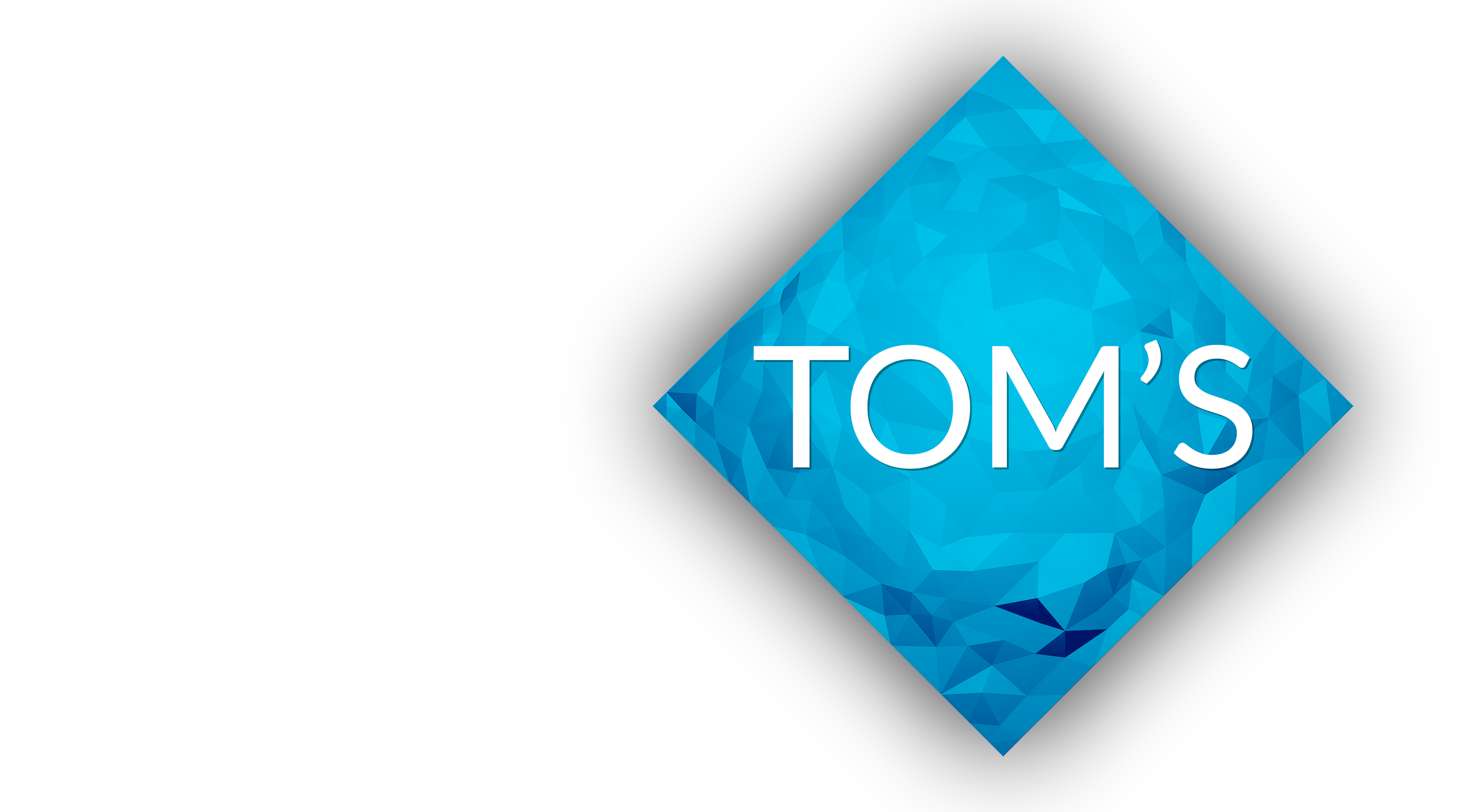Some hardware deserves a bit of extra appreciation. These are my picks that earn the “Tom approves” seal!
My favorite 3D printing hardware!
What’s up everyone, Tom here, and after releasing the original Prusa i3 MK2 review earlier this week, i’ve gotten a few questions about the “Tom approves” badge it received. Do other 3D printers or 3D printer components and accessories deserve that badge as well? Well, that’s what we’re going to have a look at today.
So that badge isn’t something i just want to carelessly hand out left and right – it should be a seal of approval only the best products i test deserve. And “best” shouldn’t be a fixed formula in my opinion, you know, score 8/10 for print quality, 6/10 for features, 7/10 for customer support, which means that’s universally better than that that other machine that scored 10/10 and then only 2 and 3 – well, no, because everyone has different needs and expectations, and saying one is always better than the other would be somewhat pointless. Instead, these are products that stand out for performance, robustness, price, features, or in general simply deliver an exceptional user experience overall.
And, of course, i can only look at things i’ve actually tested, so looking back, these are my top picks worthy of the “Tom approves” badge:
The Printrbot Play!
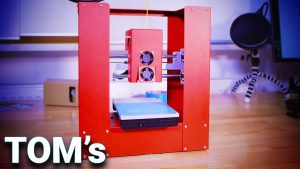
Starting with the cheapest 3D printer i can fully recommend: The Printrbot Play. While it’s not going to blow you away with insane print speeds and WiFi connectivity and all that, it’s a great design that is not only mechanically robust, but also designed to be hassle-free and does a great job of keeping fingers safe from potentially painful incidents. It’s got a shrouded toolhead that keeps the hotend cool and out of reach and also includes a bed sensor, making manual bed adjustments a thing of the past. The lack of a heated bed is forgivable for its small print volume of only 100x100x130mm, and as kit, it offers a streamlined, fast and educational build experience, but is also available as a fully assembled machine for the same price. Even for being released in mid 2015, it still performs well compared to today’s offerings and is a reliable pick for starters or schools. Printrbot Inc is based in the USA, in northern California and deserves the “Tom approves” badge for the Printrbot Play.
The Lulzbot TAZ 6 & Mini
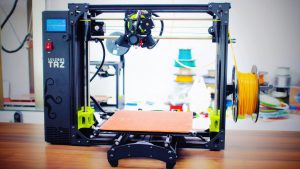
Next up, AlephObjects from Colorado, USA, with their Lulzbot line of printers – i’ve reviewed both their Lulzbot Mini and the TAZ 6, and both are high-end machines, probably for a different audience than the Printrbot Play. Both are well-designed, with the Mini having a 150mm square build platform and a 280mm square on the TAZ 6. Not only do these printers work reliably without any calibration needed thanks to their electrical bed probing setup, but they also produce very competitive print results. Everything Lulzbot does is based around free/libre and open source software and hardware and they are the company with by far the most information, design files and documentation published about their machines and also contribute to community-driven projects that provide value to 3D printer users. The TAZ 6 at $2,500 and the Mini at $1,250 are definitely in the end-end range, but if you want a no-worries plug-and-play experience, maybe for a more professional environment, as well as good flexibility in the materials your 3D printer will be able to process thanks to the superb preconfigured Cura slicer and the heated bed, then the Lulzbot series is an excellent choice for you and earns the “Tom approves” badge.
The Original Joseph Prusa i3 MK2! It
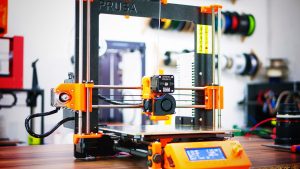
And for the last 3D printer on this list, the one that started the approval process, the Original Prusa i3 MK2. If you haven’t seen the review yet, you can watch that here, and basically, the MK2 is a machine from the man himself Jo Prusa, that packs many useful innovations and has a print quality that can compete with machines many ranks above it. The printer’s mechanical design makes the MK2 less than ideal for rougher environments like schools or frequent travellers, but with its smart autocalibration routines and the excellent software suite that’s well configured for the MK2, it is hard to beat as a workhorse for a 3D printer newbie or experienced maker, and probably even for an engineering or design studio. Based in Prague in the Czech Republic, PrusaResearch’s $699 kit and the $899 fully assembled and supported machine both use the same quality components and are worthy of the “Tom approves” badge.
So what about components, then? Well, there are a few that stand out from the crowd on their own.
The E3D v6.1 hotend
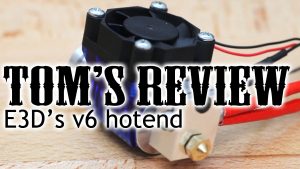
First off, the genuine E3D v6.1 hotend. The v6 has always been my hotend of choice, but the new revision takes care of the largest point of critique, which was thermistor mounting. It’s now using a cartridge-style thermistor, which means no more fiddling with glass fiber sleeving and it gives you the option to easily drop in other temperature sensors for an even wider temperature range. Combine that with the consistent performance of the all-metal v6 and the vast ecosystem of addons and upgrades, such as the Volcano heater or simply a tougher or finer nozzle, and you can see why this British hotend deserves the “Tom approves” seal.
The Smoothieboard
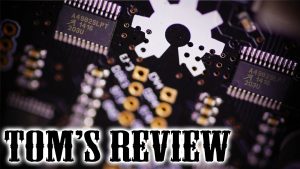
And when it comes to boards and electronics, there are two more products that stand out, starting with the Smoothieboard, a high-performance take on control boards that uses a faster-than-usual 32-bit processor and a robust selection of power components. Its specialty however is its firmware, and while it is very different to what you might be used to from the popular Marlin Firmware, it is extremely flexible when it comes to configuring it the way you want and driving different types of machines, be it cartesian, delta or Scara 3D printers or even CNC routers or lasercutters. As a bonus, the Ethernet port gives you a laziness advantage right out of the box, as you can use Smoothie’s built in web interface to remotely control your machine, so if you’re looking for a premium control board, the Smoothieboard developed in France earns a solid recommendation and the “Tom approves” badge.
Trinamic TMC2100
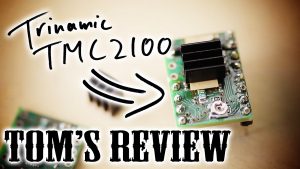
And last, but not least, with one of the core components of any 3D printer, its stepper motor drivers, there’s one all-German solution that stands out, and that’s the Trinamic TMC2100, as used on the SilentStepStick by Watterott electronics. These stepper drivers not only produce more torque at the same current levels than any of the other drivers used in today’s designs, they also do so very quietly and smoothly when used correctly. Not only do they use a very smart control scheme for the current they send through the motor windings, but they also interpolate the microsteps that make up the increments your motors rotate. I know it’s only a tiny cog in the machine, but with the sort of quality our 3D printers are producing today, looking into details like these does start making sense, and when it comes to stepper motor drivers, the Trinamic series is my favorite pick and gets the “Tom approves” badge.
So these are my top picks from the products i’ve already reviewed, and for future ones, you’ll be able to tell the best from the rest when they get that gold-framed badge.
And that’s it for today, thanks for watching and i’ll see you in the next one or in every weekend’s livestream.
Make sure you’re subscribed to not miss it!
Here’s the playlist of all the approved hardware reviews!
Music is Jahzzar – Seas of Mars, licensed CC-BY-SA
